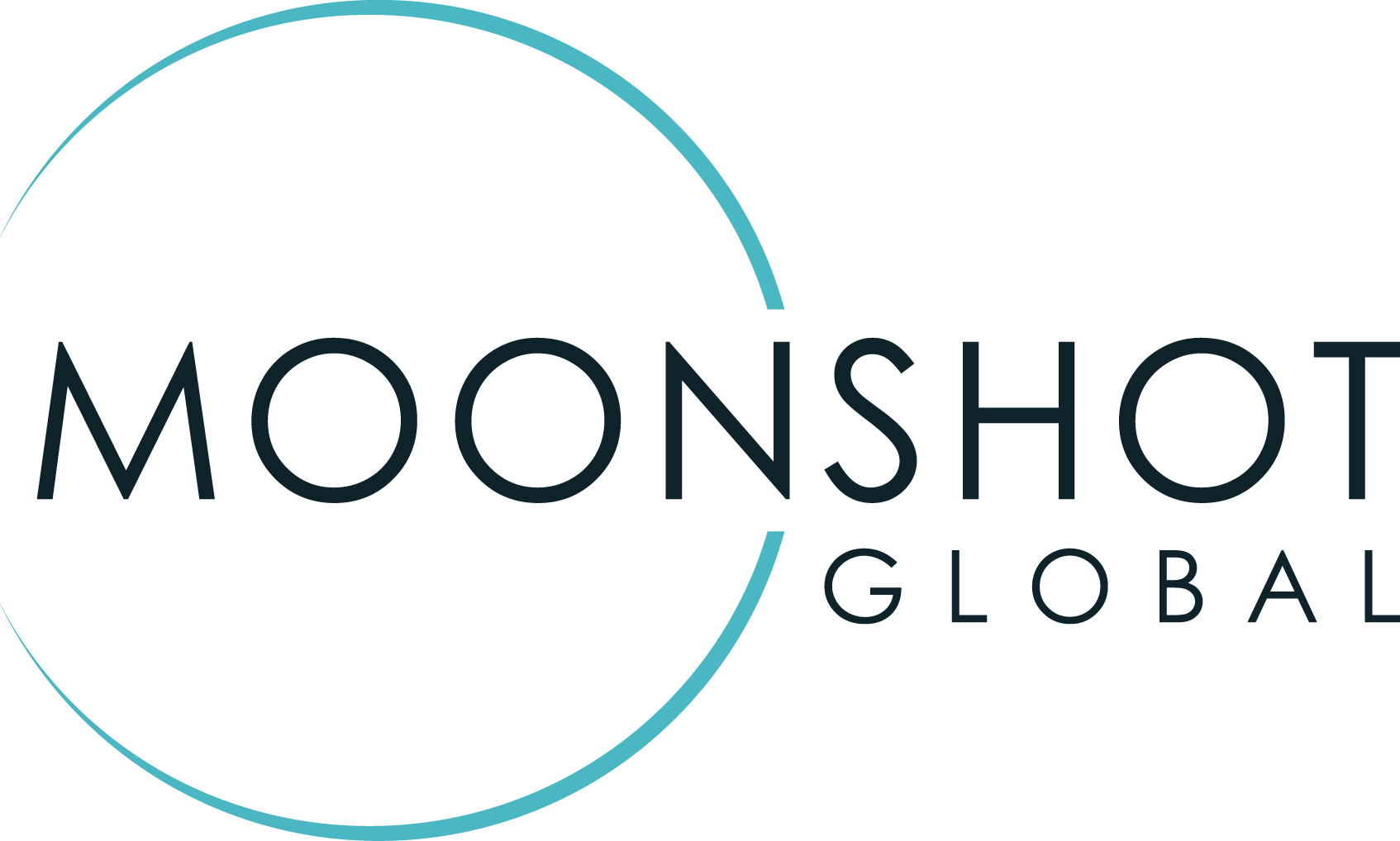We help clients maximize results and effectiveness of programming by applying both traditional and cutting-edge impact measurement and management approaches and responsible data strategies. We specialize in impact measurement of innovative finance and innovation-led development and third party impact verification for impact investors. Our capabilities include:
- In complex environments we employ developmental evaluation methodologies to enable clients to take an adaptive management approach and establish feedback loops to inform implementation.
- We develop and guide the implementation of MEL frameworks and ensure that staff have the capacity to gather baseline and periodic data on outcomes.
- We conduct research and investigative studies to explore evaluation and learning questions and review organizational and/or project performance.
- We help clients articulate theories of change, create results frameworks and identify key performance indicators, and develop MEL plans.
- We support all aspects of knowledge management and learning, from peer learning and knowledge network design, development, and curation to knowledge product design and development to event planning, facilitation, and management.
Highlights:
Verification of Impact Performance: Moonshot supports asset managers and funds, bilateral and multilateral donors, development finance institutions, foundations, and institutional asset owners. We tailor impact verification engagements to the clients’ needs, spanning the alignment with industry standards and principles to the development and deployment of customized impact management an and measurement systems. An example of an ongoing assignments is with Roots of Impact supporting their Social Impact Incentives, a blended finance instrument that rewards high-impact enterprises with time-limited premium payments for achieving social impact.
Long-term Monitoring, Evaluation, and Learning (MEL) Partnerships: We bring extensive experience as a MEL partner to funders. We have supported multiple clients in this role since 2018. A few recent examples include:
- Australian Department of Foreign Affairs and Trade’s innovationXchange: As MEL partner for the AUD$14 million Scaling Frontier Innovation (SFI) program, we employed developmental evaluation methodologies, developed ‘quick-win’ research reports and more in-depth investigative studies, and tracked progress and learning in relation to the performance framework to support this three-component initiative (Frontier Innovators, Frontier Incubators, Frontier Brokers) to strengthen the ecosystem for scaling social enterprises in the Asia-Pacific region. We implemented several follow-on initiatives ranging from conducting research on gender lens investing and entrepreneurial ecosystem measurement to serving as a MEL partner for the Frontiers Lab initiative, which emerged from Frontier Incubators and continues as a platform for collective action for entrepreneurship support organizations.
- United States Agency for International Development (USAID)’s Center for Development Innovation: We lead MEL on the $24 million Catalyst contract to support open innovation grants through Development Innovation Ventures (DIV) and Competitions, including the Grand Challenges for Development (GCD). For DIV we carry out a range of activities—from validating key performance indicators and analyzing data for the annual data call to the US Congress to contributing to the learning agenda and social rate of return analysis. For the Competitions team we designed and provided technical support to the meta-evaluation of the GCDs, developed a unified MEL framework and system across challenge grantees at the program level, and supported leadership in the development of a portfolio-level strategic planning process.
- Smart Communities Coalition: We provided advisory support to this 46-member coalition including dozens of technology providers seeking to improve service delivery to refugees and host communities through improved coordination and strategic implementation of technology. We highlighted the importance of measuring the success of the coalition itself as a mechanism for leveraging private sector support. We developed the MEL strategy to capture learning and to measure success across pilots in connectivity, digital tools, and energy access in Uganda and Kenya.
Program Evaluation: From midterm or end-of-project performance evaluations, to impact evaluations, to ongoing monitoring and constituent feedback collection, we work with clients on all aspects of program evaluation. We favor a collaborative approach and pay special attention to determining how individuals, teams, and organizations can apply evaluation findings to achieve greater impact. Examples of past projects include the utilization-focused evaluation of Impact Hub’s Translocal Program funded by Argidius Foundation, design and oversight of the meta evaluation of the Grand Challenges for Development, an evaluability assessment and midterm evaluation of Invest West Africa, a joint USAID and World Bank initiative, the midterm evaluation of USAID-funded Knowledge-driven Agriculture Development Project, and the midterm evaluation of MEASURE Evaluation.
